Foodwise
Spring
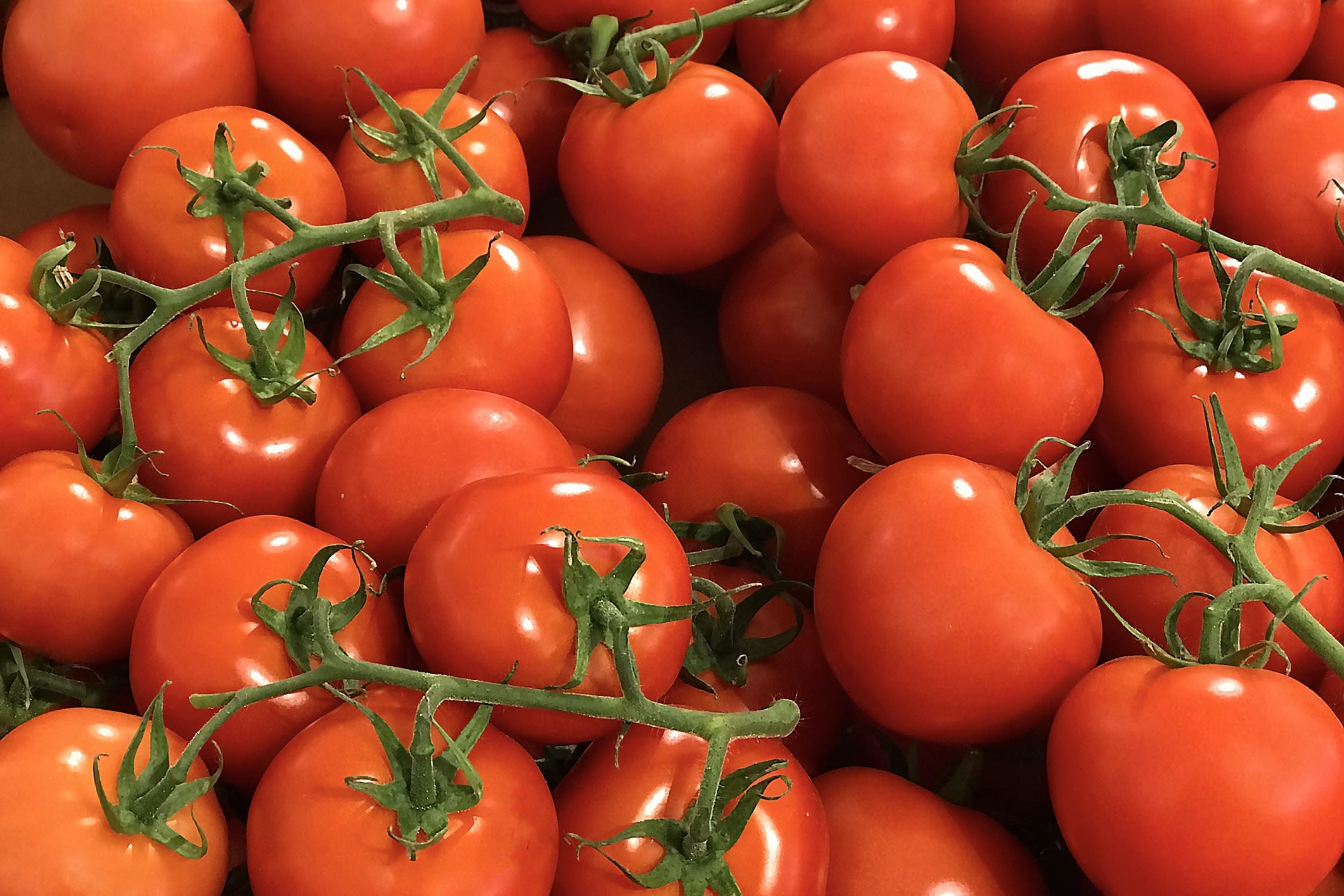
Foodwise - Spring edition
Welcome to the quarterly newsletter from the NSW Food Authority, with the latest information for the NSW food industry.
Highlights in this edition include:
- Plain English Allergen Labelling deadline nears
- New resources on Standard 3.2.2A
- Inspection and audit results
- Potential marine heat wave warning
- Salmonella Enteritidis testing reminder
- New guides for fresh produce growers
- Plus, much more.
Is there something you’d like to see in Foodwise? Let us know at food.contact@dpi.nsw.gov.au or phone 1300 552 406.
Plain English Allergen Labelling deadline nears
The end of the transition period is approaching for businesses to implement plain English allergen declarations on food labels.
From 25 February 2024, allergen information must be declared in a specific format and location on food labels, using prescribed plain English terms in bold font.
Food labelled before the end of the transition period with existing declarations may be sold for a further 2 years.
The Food Authority’s Generate an allergen declaration tool can help – simply enter an ingredient to see how allergens must be displayed.

TPA Workshop and networking well received
Third Party Regulatory Food Safety Auditors (TPAs) from across Australia converged in Sydney for the annual TPA Workshop and networking night in June.
The Food Authority event explored the latest news and information for TPAs under the theme ‘Food Safety: Changes in the Chain’.
Topics covered by a range of speakers included horticulture standards for berry, melon and leafy vegetable processing, the use of artificial intelligence in transport vehicle audits, foodborne illness outbreak investigations, food labelling, and more.
A presentation by the Australian Institute of Food Science and Technology’s Bill McBride on the Australian Food Safety Auditor Development Project was well received, as were two panel sessions that prompted good discussion on food labelling, QR codes and Standard 3.2.2A.
In the evening, TPA scheme eligible businesses networked with TPAs and staff in an informal setting. Feedback indicated both businesses and TPAs benefited from the opportunity.
Attendees agreed the NSW Food Authority was setting the standard for interacting with TPAs and keeping them well informed.
Consider scheduling your next audit with a TPA
Various licensed businesses with a suitable compliance history are eligible to apply to use a third party auditor (TPA).
More than 50 TPAs are approved to conduct food safety audits on behalf of the Food Authority, predominately in vulnerable persons and dairy production.
TPAs not only provide regulatory food safety compliance audits, they also offer licensees the flexibility to schedule their audits instead of receiving them unannounced.
To learn more, visit the Food Authority website or contact us on 1300 552 406 for a confidential discussion.
Pregnancy warning label transition ends
Businesses that package and label beverages containing more than 1.15% alcohol for retail sale must now include a prescribed pregnancy warning label following the end of a 3-year transition period on 31 July 2023.
Post-printed corrugated carboard outer packaging containing more than 1 alcoholic beverage must display a pregnancy warning mark or optional alternative by February 2024.
The changes aim to reduce lifelong Fetal Alcohol Spectrum Disorder (FASD), caused by alcohol exposure during pregnancy.
See Food Standards Australia New Zealand for more information on the requirements, including downloadable labels.

Pregnancy Warning Pictogram
Pregnancy Warning Pictogram

Pregnancy Warning Mark
Pregnancy Warning Mark
RTO Forum
The Food Authority recently hosted its annual Forum for Registered Training Organisations (RTOs) who are approved under the Food Authority’s Food Safety Supervisor (FSS) Program to deliver FSS training in NSW. The FSS provides practical skills and knowledge on food safety for food handlers in the retail and food service sectors.
The Food Act 2003 (NSW) requires certain food businesses in the NSW hospitality and retail food service sector to employ at least one trained FSS per premise whose role is to oversee day-to-day food handling operations to minimise the risk of customers becoming ill from food poisoning because of incorrect handling and preparation of food.
The RTO Forum is an important part of the Food Authority’s engagement with training organisations and it was great to see almost 80 RTOs take the opportunity to attend the event, the first one held as a face-to-face forum since 2019.
Along with updates on key focus areas of the FSS training, Standard 3.2.2A which comes into effect nationally on 8 December this year, and recent foodborne illness investigations; guest speaker Maria Said, CEO of Allergy & Anaphylaxis Australia delivered a compelling presentation on why best practice allergen management matters, and what’s at stake if not done properly.
RTOs were also invited to have their say on future proposals relating to the delivery of the FSS training and encouraged to put forward their own.
Since the FSS Program was first introduced in 2010, the Food Authority has issued approximately 220,000 FSS Certificates to date.
The Food Authority is proud of its partnership with RTOs under the FSS program and appreciate their level of engagement and ongoing efforts in delivering FSS training to food businesses; helping to support a skilled and compliant retail food service sector in NSW.
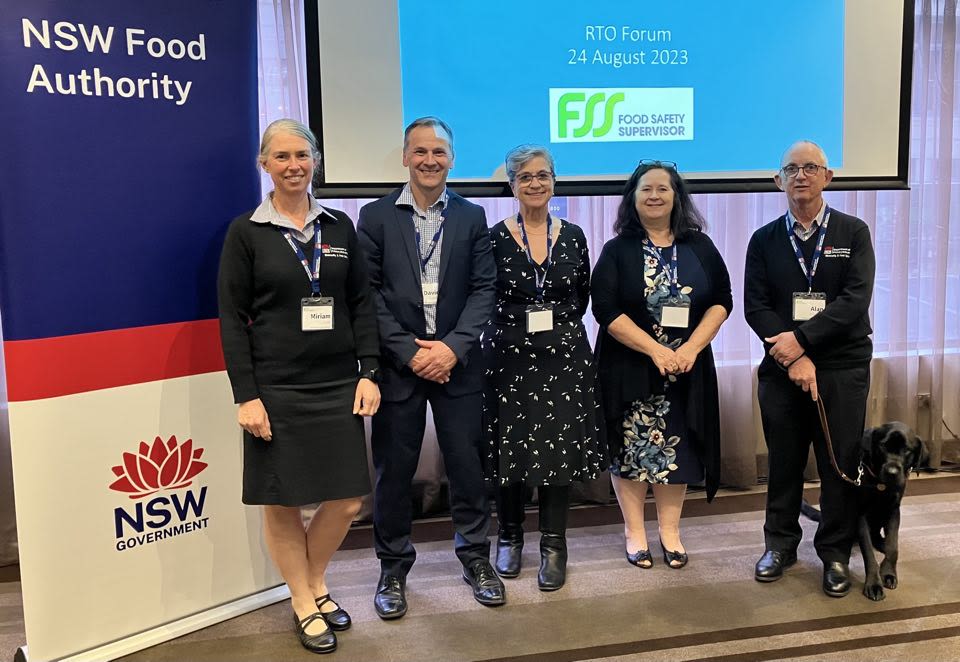
NSW Food Authority staff were joined by Maria Said, CEO of Allergy & Anaphylaxis Australia, who delivered a presentation on managing allergens in a food retail setting.
NSW Food Authority staff were joined by Maria Said, CEO of Allergy & Anaphylaxis Australia, who delivered a presentation on managing allergens in a food retail setting.
Food Incident Forum Workshop
Hosted and facilitated by FSANZ and the NSW Food Authority, The Food Incident Forum (the Forum) was held in Sydney in August.
Australian consumers are protected by robust food safety standards. However, best practice incident response efforts and effective preparedness activities are also crucial in helping to protect public health and safety and the livelihoods of hard-working food producers who can inadvertently be affected when incidents happen.
A combination of both not only protects public health and livelihood, but also helps to ensure Australia’s reputation as a safe supplier of food remains intact.
During the Forum, Retailers, Peak Industry Bodies, Commonwealth departments, jurisdictional food regulators, and NSW Police shared lessons from food incidents occurring over the past five years, and worked through the outcomes of Exercise Oregon - a fictional scenario exercise which ran in 2022 to help prepare for what could be ahead.
Exercise Oregon was a mock food intentional tampering exercise, developed to test the effectiveness of the National Food Incident Response Protocol, and the coordination, management and information sharing practices across the food regulatory system, police and industry. The outcomes of the exercise will help to refine and strengthen guidance for businesses and government agencies in the event of such an occurrence happening.
The Forum serves as a unique platform to share information and lessons learnt from food recalls and incidents, which enhance data insights and food safety measures. Along with an update on foodborne pathogens, presentations were given on the following incidents:
- Vibrio parahaemolyticus outbreak linked to oysters (2021)
- Poppy seeds and thebaine toxicity (2022)
- Toxic weed contamination of spinach (2022)
The importance of continuing to work together to respond to incidents swiftly, effective engagement across the supply chain and the value of debriefs following an incident was unanimously acknowledged as best practice and critical to mitigating risk.

Food Ministers’ Meeting - outcomes
The Food Minsters’ Meeting (FMM), chaired by the Hon. Ged Kearney MP, met in New Zealand on 28 July 2023. The FMM comprises all Australian and New Zealand Ministers responsible for food.
Key outcomes from the meeting included discussions on:
- System modernisation update
- Use of the Health Star Rating system on digital platforms
- Improving the composition of the food supply in relation to industrially-produced trans fats
- Added sugars labelling
- Food Standards Australia New Zealand Act 1991 (FSANZ Act) review – progress update
For more detailed information about these outcomes, see Communique of outcomes from the Food Ministers’ Meeting held on 28 July 2023
Ministers with responsibility for food will meet again in November 2023.
Visit the Food Regulation website for further information on food regulation activities.
RETAIL

New resources on Standard 3.2.2A
The Food Authority is continuing to develop resources to help retail businesses prepare for new requirements in Standard 3.2.2A of the Food Standards Code.
The changes apply from 8 December 2023, and affect businesses that sell or serve unpackaged, ready-to-eat, potentially hazardous food, directly to consumers.
These businesses must implement 2 or 3 food safety management tools depending on their food handling activities:
- have a qualified onsite Food Safety Supervisor
- ensure all food handlers are trained in food safety
- be able to show their food is safe.
Businesses can access the NSW Food Authority’s free Food Handler Basics training course on our website.

Food Handler Basics online training
Food Handler Basics online training
Further guidance on the third Food Safety Management Tool – showing food is safe – is also on our website, including templates for record keeping.
In development is a range of guidelines to help different sectors implement the requirements.
Keep an eye on the Food Authority’s Standard 3.2.2A Food Safety Management Tools page as new resources are progressively published.
Serving up food safety tips in Wagga Wagga
Allergen management, cleaning and sanitising, preventing foodborne illness and Scores on Doors were key topics at the Retail and Food Service Information Session (RIS) in Wagga Wagga in June.
The event was strongly supported by retail food businesses in and beyond Wagga Wagga, including neighbouring local government areas and their EHOs.
Wagga Wagga City Council’s Sharomi Dayanand gave an engaging presentation on how local food retailers could improve food safety and shared recent inspection outcomes and possible compliance action.
The council also introduced ‘Needles the echidna’, who is helping with the region’s environmental health initiatives that include teaching food safety and hand hygiene to children.
All RIS sessions also discuss the Food Regulation Partnership, food legislation, pest control and causes of foodborne illness, and feature hands-on cleaning, sanitising and handwashing demonstrations.
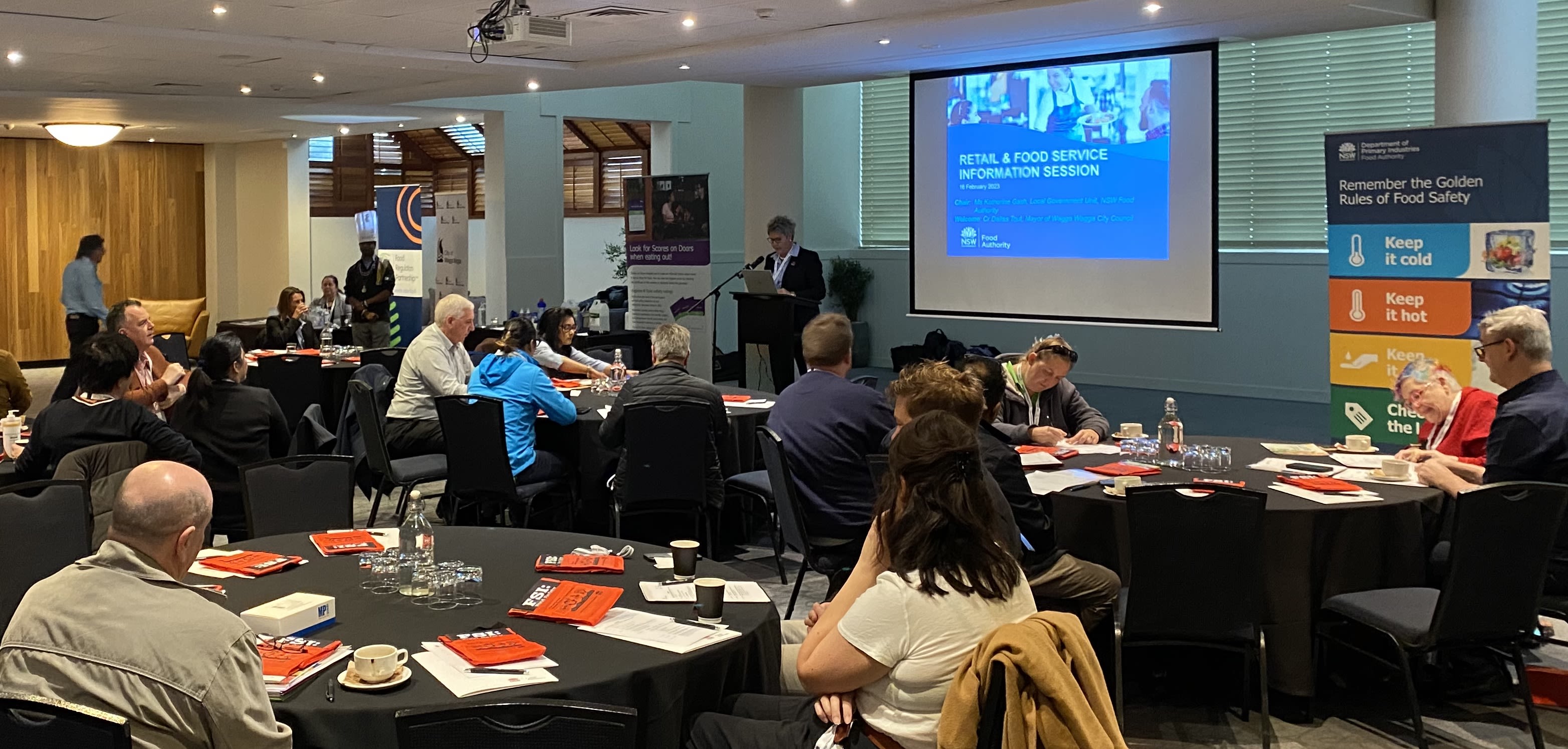
Retail & Food Service Information Session Wagga Wagga attendees.
Retail & Food Service Information Session Wagga Wagga attendees.

Uvindu Warnakulasooriya, EHO from Wagga Wagga City Council with Needles the Echidna
Uvindu Warnakulasooriya, EHO from Wagga Wagga City Council with Needles the Echidna
Register now for Campbelltown event
The next Retail and Food Service Information Session (RIS) will be held with Campbelltown City Council on Thursday 7 September 2023, 9am-12.30pm, at the Campbelltown Arts Centre.
Held 3 times a year, the RIS sessions bring together Food Authority representatives, council EHOs and local food businesses, providing the opportunity for businesses to learn how to maintain a food safety culture in the retail food sector, and the chance to ask questions or raise ideas, issues or concerns directly.

MEAT

Inspections and audits
From July 2022 to June 2023, authorised officers conducted 2,600 audits and inspections of licensed meat businesses. This sector has seen a 1% drop in compliance, now at 94% compared to the previous year. A focus on compliance in the retail meat sector towards the end of this year resulted in the increase in audit and inspection numbers. Corrective actions relating to analytical testing and the level of preservative use in processed meats were identified and actioned.
The Biosecurity & Food Safety Compliance team will be targeting future compliance activities within the meat retail sector to address those risks and individual poor performance.
The below table shows yearly comparable data for compliance activity in the meat sector between reporting years 2021/22 and 2022/23.
| Reporting period | 2021/22 | 2022/23 |
|---|---|---|
| Audits & Inspections | 2,527 | 2,600 |
| Compliance rate | 95% | 94% |
Meat Industry Consultative Council
The last Meat Industry Consultative Council meeting was held on 12 July 2023.
Issues considered by the committee via video conference during the meeting included updates on:
- Meat industry food safety compliance activities for the period July 2022 – May 2023 (incl.)
- Animal welfare update
- Biosecurity update
A full summary of meeting outcomes is available here.
More information about the Meat Industry Consultative Council, including its purpose, functions, and membership can be found on the NSW Food Authority website.
The next meeting of the Meat Industry Consultative Council is to be advised.
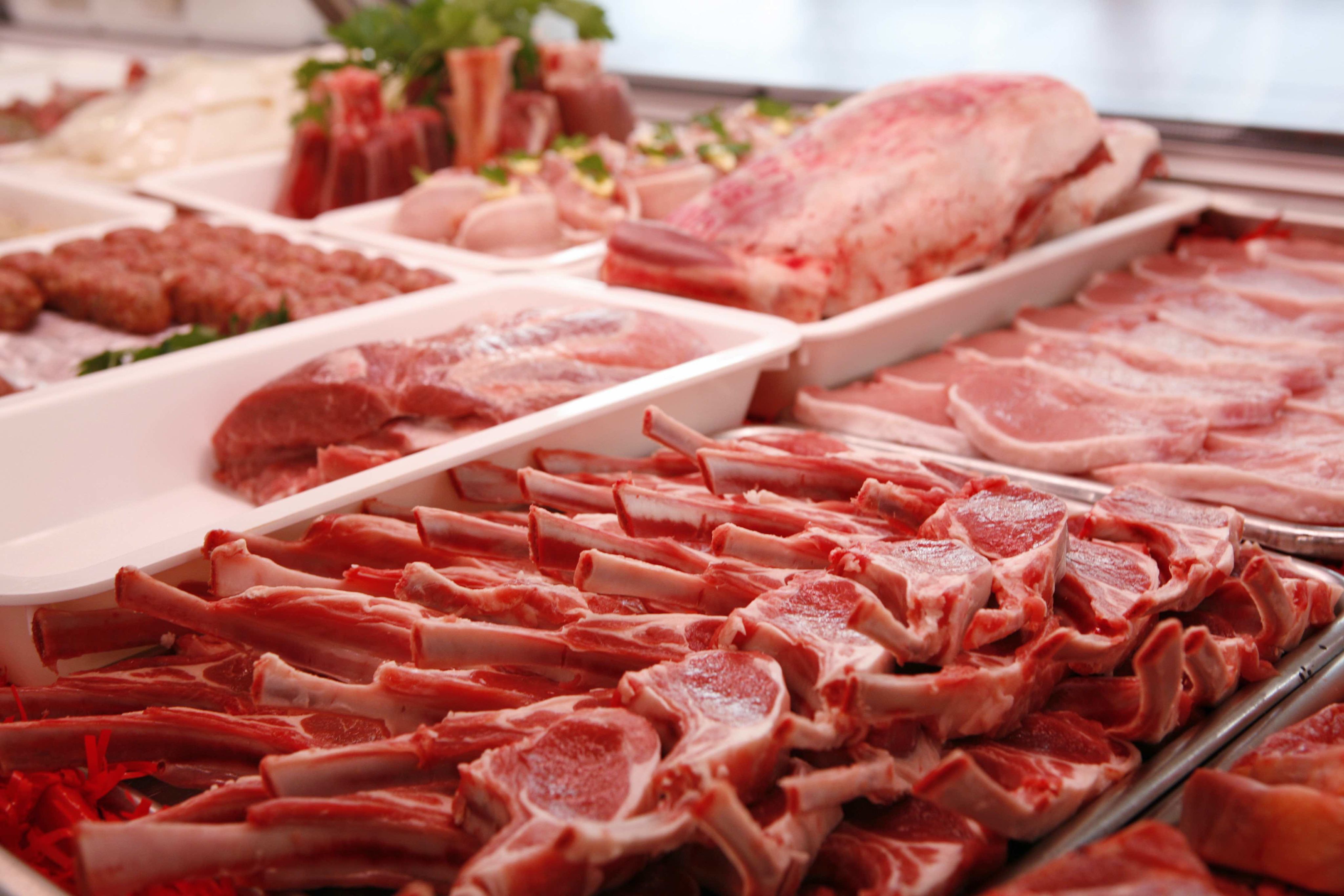
SEAFOOD

Inspections and audits
From July 2022 to June 2023, authorised officers conducted 409 audits and inspections of licensed seafood businesses, resulting in a 3% drop in compliance, compared to the previous year. Critical defects issued this year against specific audit elements highlighted analytical testing, process control (failure to complete monitoring records), and food safety programs.
In order to improve compliance across the sector the Biosecurity & Food Safety Compliance team has identified key areas that require focus and will be providing guidance and educational materials to key stakeholders, industry and regulated businesses.
The table below shows yearly comparable data for compliance activity in the seafood sector between reporting years 2021/22 and 2022/23.
| Reporting period | 2021/22 | 2022/23 |
|---|---|---|
| Audits & Inspections | 445 | 409 |
| Compliance rate | 95% | 92% |
Seafood Industry Forum
The last NSW Seafood Industry Forum was held on 10 May 2023.
Issues considered by the Forum via video conference during the meeting included updates on:
- NSW seafood industry food safety compliance activities for the 2022/23 (to date)
- Publication of food safety resources for fishers
- Water storage for oysters – establishment of a Shellfish Wet Storage Working Group
- Online food handler basics training and other resources developed to support seafood retailers meet requirements of Standard 3.2.2A Food Safety Management Tools which come into effect from 8 December 2023
- Biosecurity update
A full summary of meeting outcomes is available here.
More information about the NSW Seafood Industry Forum, including its purpose, functions, and membership can be found on the NSW Food Authority website here.
The next meeting of the NSW Seafood Industry Forum is scheduled for 13 September 2023.

NSW Shellfish Committee
The last NSW Shellfish Committee meeting was held on 9 August 2023.
Issues considered by the committee during the meeting included updates on:
- Sector recovery and resilience grants – the committee is updated on the progress of these grants which include the following funded projects:
- Investigating water quality for the optimal production sustainable management and expansion of aquaculture in South East Australia
- Supporting increased aquaculture production through reduced harvest closures
- Physical resilience of aquaculture
- Improving broodstock in the NSW oyster industry
- Preparing the NSW oyster industry for future disasters
- From waste to product – identifying plastic and shell recycling pathways in the NSW oyster industry
- Socio-economic contributions of Aquaculture in NSW
A full summary of meeting outcomes is available here.
The next meeting of the NSW Shellfish Committee is scheduled for 8 November 2023.
More information about the NSW Shellfish Committee, including its purpose, functions, and membership can be found on the NSW Food Authority website here.
Potential marine heat wave warning
A predictive warning for a potential marine heat wave to hit the Australian East Coast including NSW during the upcoming summer season has been issued by CSIRO and Bureau of Meteorology (BoM).
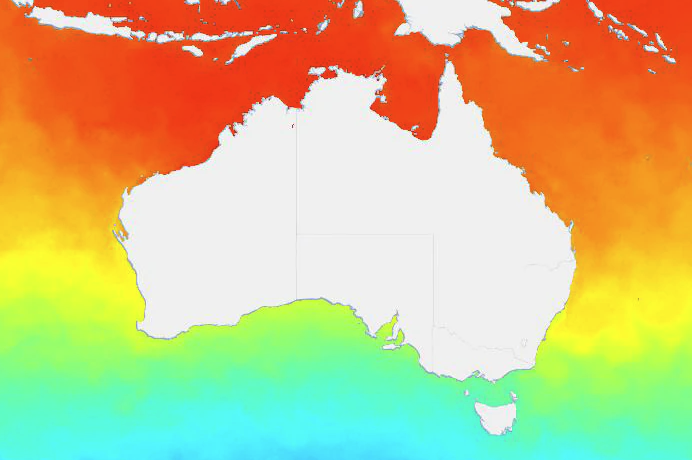
(image: Australian Ocean Data Network)
(image: Australian Ocean Data Network)
Sea temperatures above the heat wave threshold are currently observed in the Coral Sea with predictive models showing this is likely to move along the NSW coastline in the upcoming months.
Shellfish industry members are advised to be aware of the potential for this marine heat wave; which, when combined with predicted El Nino weather patterns may create high water temperatures in growing areas. In addition, be mindful of stock rotation and drying times, especially during the summer period to reduce heat stressed stock loss.
The mixing of cool and warm water is likely to produce upwelling currents off the NSW coastline and could create ocean driven algal bloom events. The existing NSW Marine Biotoxin Management Plan requires routine testing of both water and shellfish to test for the presence of algae generated marine biotoxin events.
White Spot Update
White Spot was detected and confirmed by NSW Department of Primary Industries (DPI) and Australian Centre for Disease Preparedness (ACDP) in three northern NSW prawn farms in early 2023.
NSW prawns are safe to eat as White Spot does not pose any threat to human health or food safety.
NSW DPI continues to investigate the source of the outbreak and is working with the affected industries to contain, eradicate and ensure appropriate biosecurity measures are in place to minimise risk of spread. A Control Order is in place, restricting the movement of raw, uncooked decapod crustaceans and polychaete worms from the Clarence River Control Zone to support business and trade continuity in NSW and other parts of Australia.
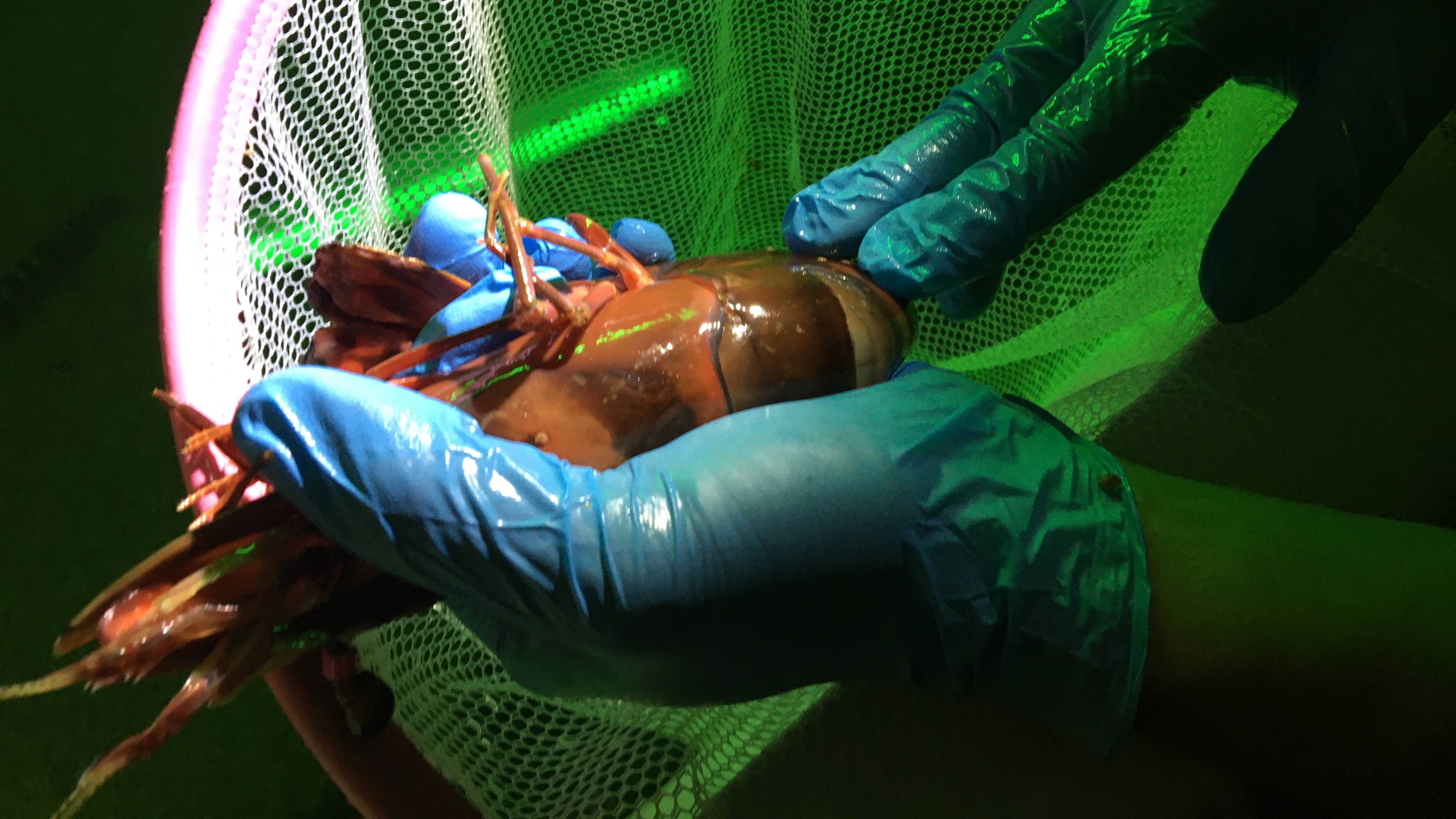
Healthy breeding stock, a female black tiger prawn. Consumers can continue to safely purchase and enjoy NSW prawns and seafood from local seafood suppliers.
Healthy breeding stock, a female black tiger prawn. Consumers can continue to safely purchase and enjoy NSW prawns and seafood from local seafood suppliers.
NSW DPI's response to eradicate White Spot from the three affected farms is now entering the final stages, following decontamination of water on the affected prawn farms. The discharge of treated water from the farms has involved the NSW Environment Protection Authority (EPA) who have provided technical advice and conducted extensive testing to ensure the water can be safely returned to the Clarence River.
The response strategy is based on the AQUAVETPLAN Disease Strategy Manual for White spot disease and was implemented using powers under the Biosecurity Act 2015.
Following completion of decontamination, NSW DPI will commence a 2-year long surveillance plan, an important step to determine if NSW can prepare a self-declaration of freedom for the Clarence River Control Zone from white spot for the World Organisation of Animal Health to allow recommendations to lift the current Control Order from the area.
See White Spot – Department of Primary Industries (dpi.nsw.gov.au) for more information.
Transforming Australian Shellfish Production – Project Update
The Transforming Australian Shellfish Production project has demonstrated multiple benefits for shellfish production by coupling sensor data with molecular methods. The project is a collaboration between NSW and WA oyster farmers, the Food Agility CRC, UTS, NSW DPI, NSW Farmers Association and the Western Australia Agriculture Authority.
The final report for Cromartys Bay harvest area in Port Stephens has recently been published on the Food Agility CRC website Modelling of the sensor data and environmental DNA demonstrated that sensor salinity was generally a more reliable predictor of bacteria in the harvest area than rainfall. Project data also supported using real time salinity data for harvest area management, with potential for fewer harvest downgrades and closures.
Local shellfish programs with a sensor, currently funded under the project, were asked to discuss the ongoing use and maintenance of the sensors at their annual AGMs in anticipation of the project's conclusion in 2024.
DAIRY
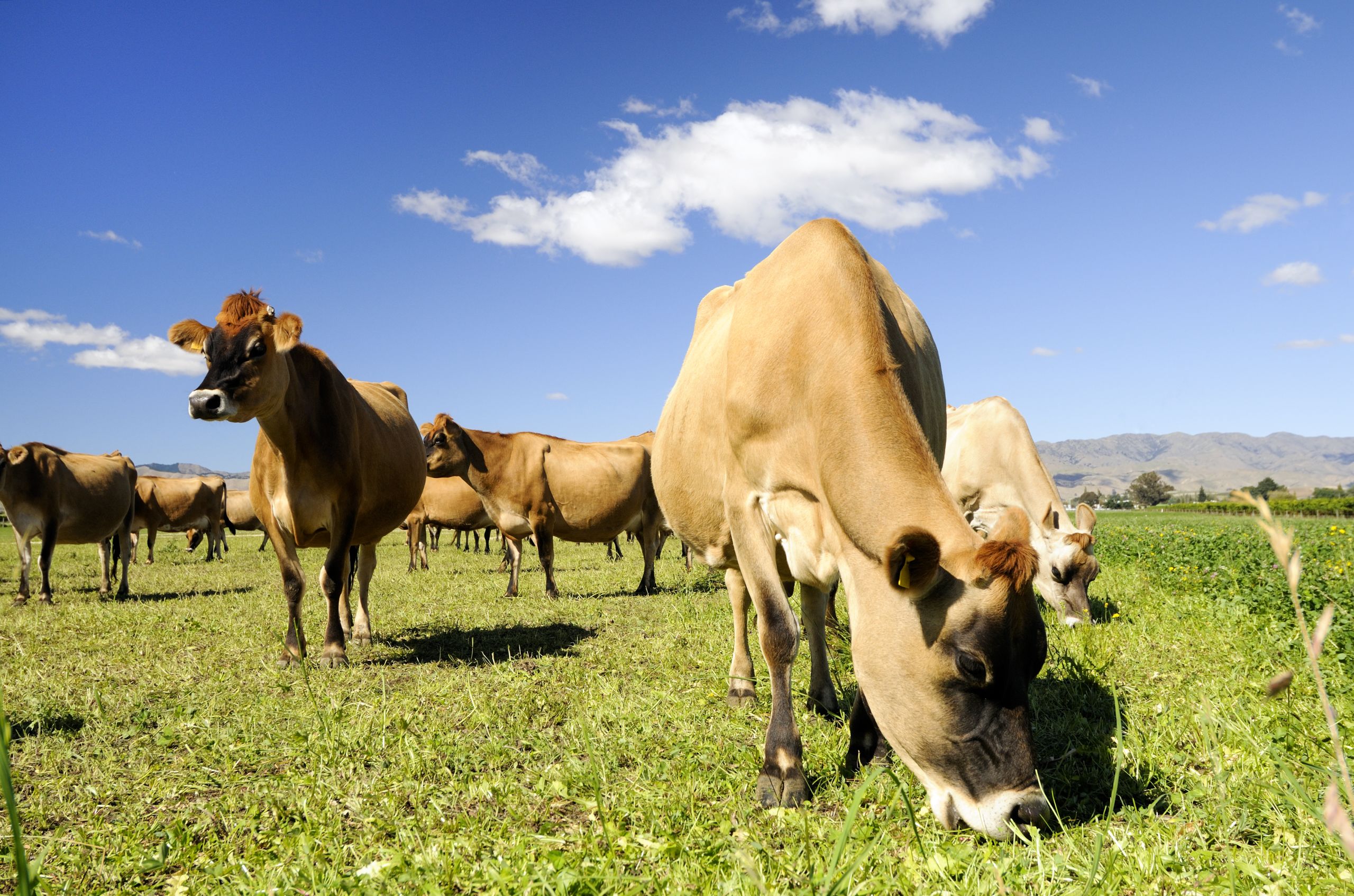
Inspections and audits
From July 2022 to June 2023, 454 audits and inspections were conducted on licensed dairy businesses. This sector has seen a 4% drop in compliance, compared to the previous year. Key corrective actions identified included hygiene & sanitation, food safety program, and product labelling.
The below table shows yearly comparable data for compliance activity in the dairy sector between reporting years 2021/22 and 2022/23.
| Reporting period | 2021/22 | 2022/23 |
|---|---|---|
| Audits & Inspections | 477 | 454 |
| Compliance rate | 98% | 94% |
Dairy Industry Consultative Committee
The last NSW Dairy Industry Consultative Committee meeting was held on 14 June 2023.
Issues considered by the committee via video conference during the meeting included updates on:
- NSW dairy industry food safety compliance activities for the 2022/23 financial year (to date)
- Animal welfare update
- Biosecurity update
A full summary of meeting outcomes is available here.
More information about the Dairy Industry Consultative Committee, including its purpose, functions, and membership can be found on the NSW Food Authority website.
The next meeting of the NSW Dairy Industry Consultative Committee is scheduled for 25 October 2023.
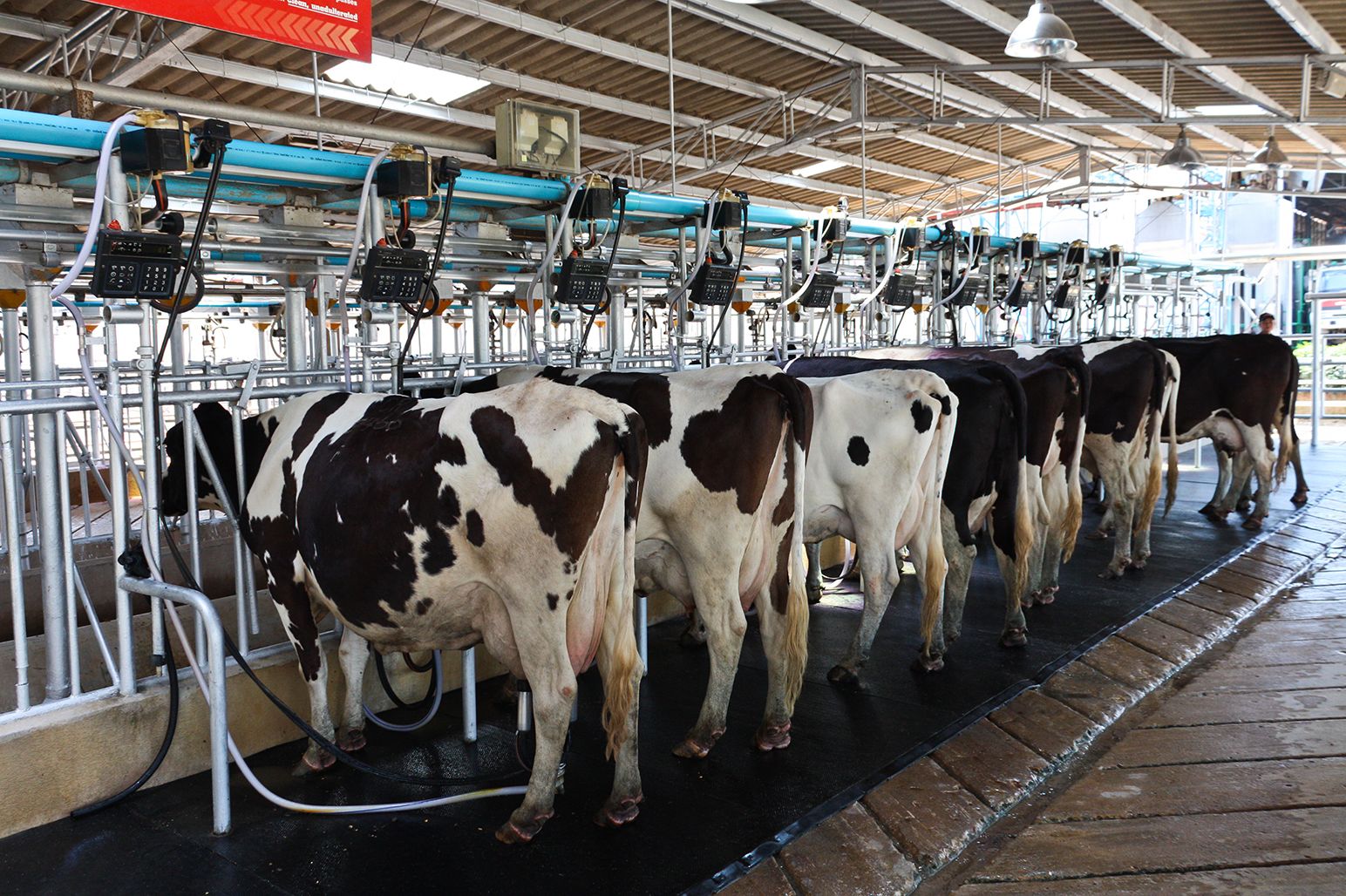
EGGS

Inspections and audits
From July 2022 to June 2023, authorised officers conducted 397 audits and inspections of licensed egg businesses.
Compliance across the egg industry has significantly improved since FY 2020/21. Efforts to work with the industry during the Salmonella enteritis (SE) control order and subsequent operational responses contributed to increasing industry compliance, now static at 94%. Resources will focus on assisting industry fulfil its SE testing requirements during audits on egg primary producers which will be conducted during the current financial year.
The main critical defects raised during audits were for process control, analytical testing, and food safety program monitoring.
The below table shows yearly comparable data for compliance activity in the egg sector between reporting years 2021/22 and 2022/23.
| Reporting period | 2021/22 | 2022/23 |
|---|---|---|
| Audits & Inspections | 451 | 397 |
| Compliance rate | 94% | 94% |
Standards & Guidelines for Poultry
The National Animal Welfare Standards and Guidelines for Poultry (S&G) were endorsed on 13 July 2023 at the Agriculture Ministers’ Meeting (AMM).
It was agreed that the implementation of the S&G (including timeframes) would take place at the state and territory level having regard to the specific operational environments of each jurisdiction.
NSW DPI will consult with stakeholders in 2023 to work through key issues prior to implementation of the S&G.
Read the full Meeting Communique from the AMM on the Australian Government website here.
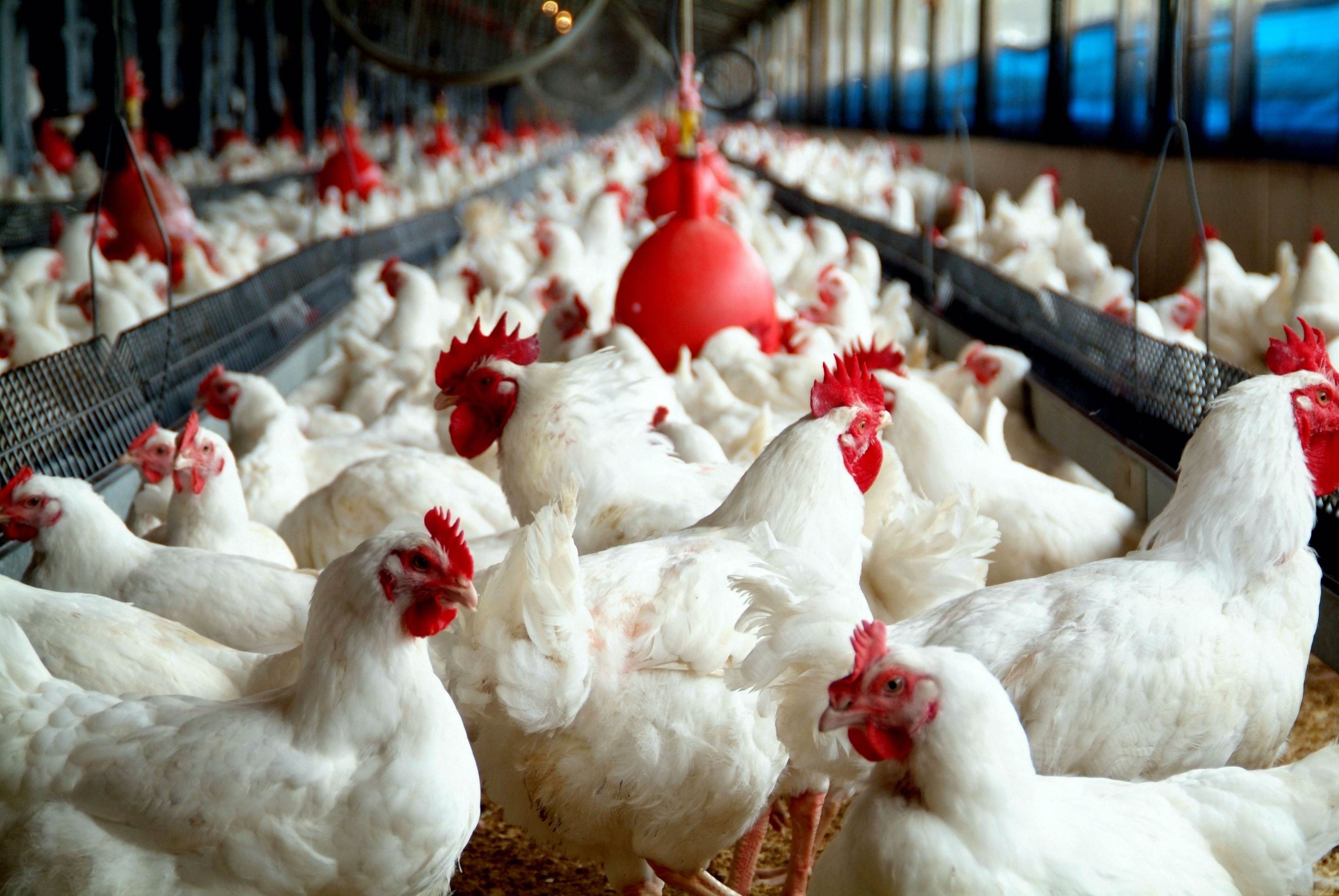
Salmonella Enteritidis testing reminder
Routine monitoring of Salmonella Enteritidis (SE) is an important part of mitigating the risk of SE to industry and community.
NSW poultry and egg farms must meet the requirements outlined in the NSW Biosecurity (Salmonella Enteritidis) Control Order 2020 which remain in effect until 30 June 2024. The Control Order sets legally enforceable, minimum biosecurity standards and mandatory SE testing requirements for the NSW poultry and egg industry.
These standards and requirements apply to egg and poultry producers, people entering production facilities and poultry suppliers, receivers and pullet rearing facilities.
More information can be found in the Salmonella Control Order Guide and on the DPI website.
Hen Management Survey

The NSW Department of Primary Industries (DPI) is continuing to undertake a hen management survey which aims to help DPI better understand egg farm practices and management decisions in NSW.
If you are a licensed egg producer in NSW, you may receive a phone call from a DPI staff member asking your permission to participate in the short survey.
If you have any questions about the survey or would like more information, please contact Joanna Blunden on joanna.blunden@dpi.nsw.gov.au
PLANTS

Inspections and audits
From July 2022 to June 2023, 131 audits and inspections were conducted on licensed plant product businesses. This industry sector has recorded a compliance rate of 86%.
The main areas where critical defects have been raised at audits continue to be with process control, analytical testing, and food safety programs. Resources will be focussed on the development of targeted strategies including an education and poor performer program to address these critical high-risk issues.
The below table shows yearly comparable data for compliance activity in the plant sector between reporting years 2021/22 and 2022/23.
| Reporting period | 2021/22 | 2022/23 |
|---|---|---|
| Audits & inspections | 153 | 131 |
| Compliance rate | 93% | 86% |
Supporting our horticultural industries with a collaborative food safety focus
The Fresh Produce Safety Centre Australia & New Zealand (FPSC-ANZ) recently announced they have been awarded Hort Innovation’s Horticulture Food Safety Initiative project.
FPSC-ANZ is an industry-led, not-for-profit organisation established to enhance fresh produce safety across Australia and New Zealand, through research, outreach and education.
NSW Department of Primary Industries (DPI) will join a consortium of partners across Australia and New Zealand which include University of Sydney, Agriculture Victoria, South Australia Health, Coles, Zespri NZ, New Zealand Food Safety Science & Research Centre, Vegetable Research and Innovation Board and Hort NZ to support FPSC-ANZ in the delivery of trusted fresh produce food safety information, guidance and training for the broader horticulture industry – from large to small producers.
The project will include extensive engagement with key industry groups and peak industry bodies across Australia and New Zealand, and provide the opportunity for all relevant audiences, including growers, food safety managers in horticultural businesses, supply chain stakeholders, food safety researchers and experts to identify areas of suggested focus and opportunities for food safety support and research needs.
NSW DPI is proud to be a partner in this important three-year collaborative project to bring together innovative best practice approaches to help our fresh produce industries meet their food safety obligations and produce safe food.

Grower Guides for fresh produce growers
In 2022, a horticultural industry outreach strategy - led by the Fresh Produce Safety Centre (FPSC) and funded by the NSW Department of Primary Industries, explored the needs and experiences of small growers that are not part of an existing commercial food safety scheme. Using these insights, FPSC sought to support these growers on their food safety journey with the provision of practical, relevant and accessible information.
As a result, the FPSC has recently released 13 Food Safety Grower Guides to address these gaps in industry resources. With upcoming changes to regulations for berries, leafy vegetables and melons coming into effect on 12 February 2025, these illustrated guides will help growers adopt practices that will deliver good food safety outcomes.
The Grower Guides include the following topics:
- Food safety for small scale growers
- Traceability
- Preharvest water use
- Postharvest water use
- Soil amendment and fertilisers
- Chemical and pesticide use
- Suitability for growing areas
- Severe weather events
- Premises and equipment
- Cleaning and sanitising
- Temperature management
- Animals and pests
- Health and hygiene
View and download all Food Safety Grower Guides on the FPSC website.
VULNERABLE PERSONS

Inspections and audits
From July 2022 to June 2023, 1,325 audits and inspections were conducted on licensed hospitals and aged care businesses. Compliance across the vulnerable persons industry remains high and achieving 99% compliance during the period.
During last year, authorised officers conducted a targeted audit compliance program on licensed facilities serving food to Vulnerable Persons. This sector recorded a high compliance rate which highlighted the mature systems in place and demonstrated that food safety systems and operating standards remained very high.
The below table shows yearly comparable data for compliance activity in the vulnerable persons sector between reporting years 2021/22 and 2022/23.
| Reporting period | 2021/22 | 2022/23 |
|---|---|---|
| Audits & Inspections | 1,023 | 1,325 |
| Compliance rate | 99% | 99% |
manufacturing
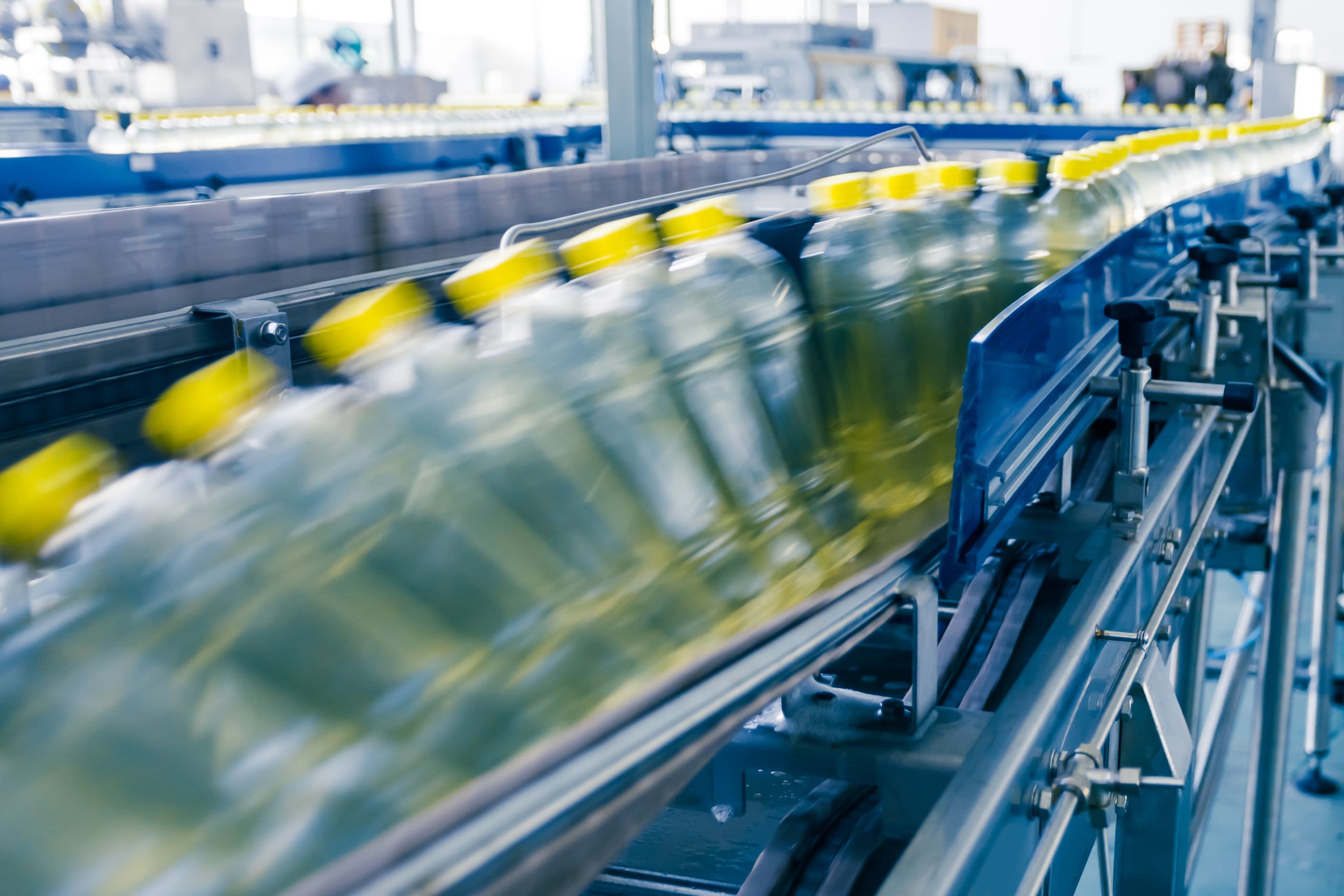
Manufacturer and Wholesaler Food Inspection Program Information Pack - UPDATED
Businesses that manufacture or wholesale food in NSW fall under the NSW Food Authority’s Manufacturer and Wholesaler Food Inspection Program (MWIP) and are required to have inspections. These businesses produce and sell foods by wholesale with a limited or no retail sales business component. On a very small scale, home-based businesses may be included.
MWIP was initiated to ensure that food businesses not covered by licensing or local government inspections meet their legal responsibility to keep food safe for consumers. The MWIP information pack has recently been updated and details important food safety obligations for food businesses under this program including:
- Manufacturer / wholesaler food inspection program
- Standard 3.2.2A - Food Safety Management Tools (new)
- Cleaning and sanitising in food businesses
- Declaring allergens (updated)
- Food recalls and withdrawals (updated)
- Health and hygiene requirements of food handlers
- Pest control in food businesses
- Safe preparation of raw egg products
Download the Manufacturing and Wholesale Inspection Program Information Pack.
More information for home-based food businesses including premises design and construction, keeping cold foods properly refrigerated, cooking food thoroughly, handling food hygienically, storing food safely, product labelling and keeping records can be found on our website foodauthority.nsw.gov.au
PROSECUTIONS
Prosecution - Panlasang Pinoy
A Filipino restaurant based in Southern Sydney was recently fined a total of $9,400 and ordered to pay $1,800 in professional costs after being convicted of eight offences under the NSW Food Act 2003.
The breaches included failures in safe handling of food, hygiene, storage, inadequate supply of water, construction and maintenance failures, and harbouring pests on food premises.
Further information about this prosecution and other current food safety breaches in NSW can be found on the NSW Food Authority’s Name and Shame register.

PROCESSES
FSANZ invites written submissions on the following:
- Application A1270 – Food derived from herbicide-tolerant and insect-protected corn line DP51291: To seek approval for the sale and use of food derived from corn line DP51291, genetically modified for herbicide-tolerance and protection from insect pests. To read the call for submissions report click here.
Submissions on this application are due by 6pm (Canberra time) 14 September 2023.
- Proposal M1021 – Maximum Residue Limits (2022): This proposal is to consider varying certain maximum residue limits (MRLs) for residues of specific agricultural and veterinary (agvet) chemicals that may occur in food commodities. To read the call for submissions report click here.
Submissions on this application for Australia are due by 6pm (Canberra time) 4 October 2023 and for rest of world are 6pm Canberra time 22 October 2023.
For information on how to make a submission, visit the FSANZ website.
*Reproduced from FSANZ website
CALENDAR ITEMS
- Retail Information Session Thursday 7 September (Campbelltown)
- Fine Food Australia, 11-14 September (ICC Sydney)
NEW & UPDATED RESOURCES
New video resources for businesses
Videos to help businesses learn more about their role in food safety are now available on the Food Authority’s YouTube channel.
Topics in the curated “For businesses” playlist include what to expect from audits and inspections, cleaning and sanitising, food allergen rules and general requirements for retail businesses.
What to expect: Inspections
There are new videos for consumers too on the golden rules of food safety and understanding food labels.
Four Golden Rules of food safety
To watch the videos, go to @NSW Food Authority on YouTube.
New webpages and resources
- Panlasang Pinoy prosecution
- Translations now available in 18 languages: Arabic, Chinese simplified, Chinese traditional, Greek, Italian, Japanese, Khmer, Korean, Lao, Macedonian, Serbian, Spanish, Thai, Turkish, Vietnamese, Hindi, Filipino and Nepali - new
- Cleaning and sanitising in food businesses
- Cooling potentially hazardous foods
- Handwashing in retail food businesses
- Standard 3.2.2A overview
Webpages outlining changes to each sector under Standard 3.2.2A - new:
- Changes for cafes, restaurants and retail outlets
- Changes for home-based and mixed businesses
- Changes for caterers
- Changes for school canteens
- Changes for charities, groups and volunteers
- Changes to children’s services
- Changes for markets and temporary events
- Changes for mobile food vendors
- Changes for seafood retailers
Updated webpages and resources
- Powers of authorised officers web page and factsheet: Powers of authorised officers
- Potentially hazardous food guideline: Potentially hazardous foods
- Food Safety Supervisor web page and guideline: Food Safety Supervisors (FSS)
- Information for RTOs: Information for RTOs
- Managing potentially hazardous foods: Managing potentially hazardous foods
- Page and guideline: Pregnancy and food safety | NSW Food Authority
Subsribe to news and alerts
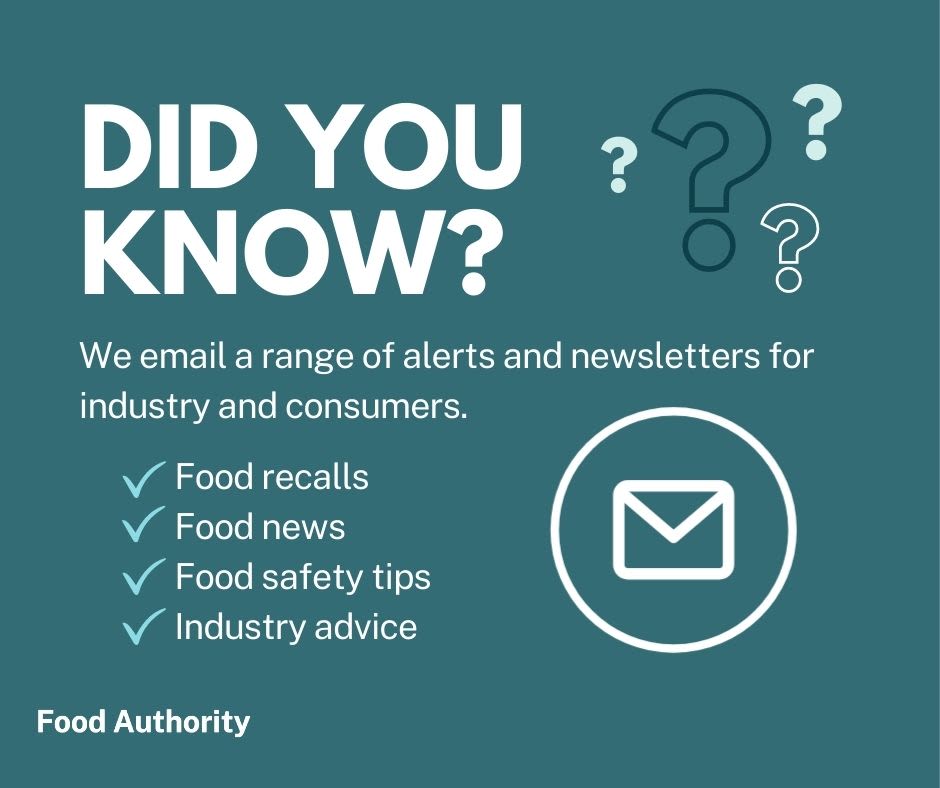
Don’t miss a thing! Sign up for our custom email alerts and tips to stay informed on topics that interest you.








